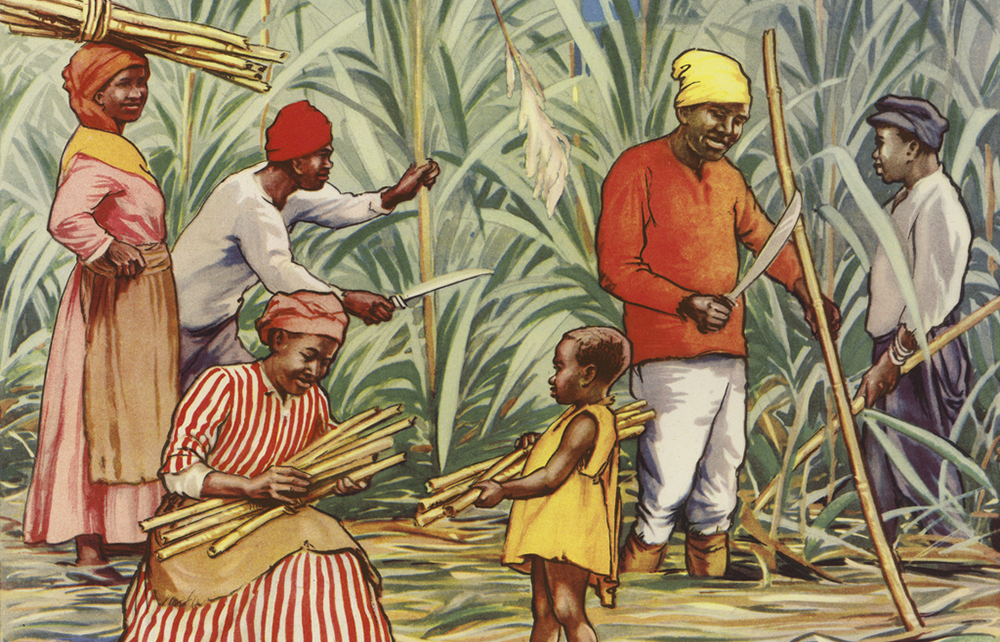The British Empire, the East African Chronicle wrote in 1921, was a ‘wonderful conglomeration of races and creeds and nations’. It offered ‘the only solution to the great problem of mankind – the problem of brotherhood. If the British Empire fails, then all else fails.’ Stirring words – and not those of some sentimental Colonel Blimp back in London. They were written by the newspaper’s editor, Manilal A. Desai, a young Nairobi-based lawyer and a prominent figure in the large Indian community in Kenya. But, as Matthew Parker observes in One Fine Day, an ambitious account of the empire at the moment of its territorial zenith on 29 September 1923, Desai’s encomium came with a caveat:
Either the British Empire must admit the equality of its different people… irrespective of the colours of their skins and the place of their birth, or it must abandon its attempt to rule a mixture of people. There can be no half way.
Parker’s narrative begins with the sunrise over Ocean Island, now known as Banaba, in the Pacific. The place was a rich natural source of phosphates, a vital ingredient in the fertilisers needed to realise the agricultural potential of other parts of the empire, most notably Australia and New Zealand. But to access the phosphate, the island’s own fertile soil had to be destroyed. It was, he writes, ‘extractive colonialism at its most literal’. He then follows the sun westward, through Australia, Asia and Africa to Jamaica.
Desai’s words proved prophetic, but the equality they argued for wasn’t necessarily quite what we think it is. Many in his community believed that Kenya should be annexed by India. East Africa, the Aga Khan had written in 1918, was ‘a free field for India’s civilising mission’. The question Desai raised was a good one, nonetheless. Who was the empire for? Did it exist merely to fuel the engines of commerce or did it have a higher purpose?








Comments
Join the debate for just £1 a month
Be part of the conversation with other Spectator readers by getting your first three months for £3.
UNLOCK ACCESS Just £1 a monthAlready a subscriber? Log in